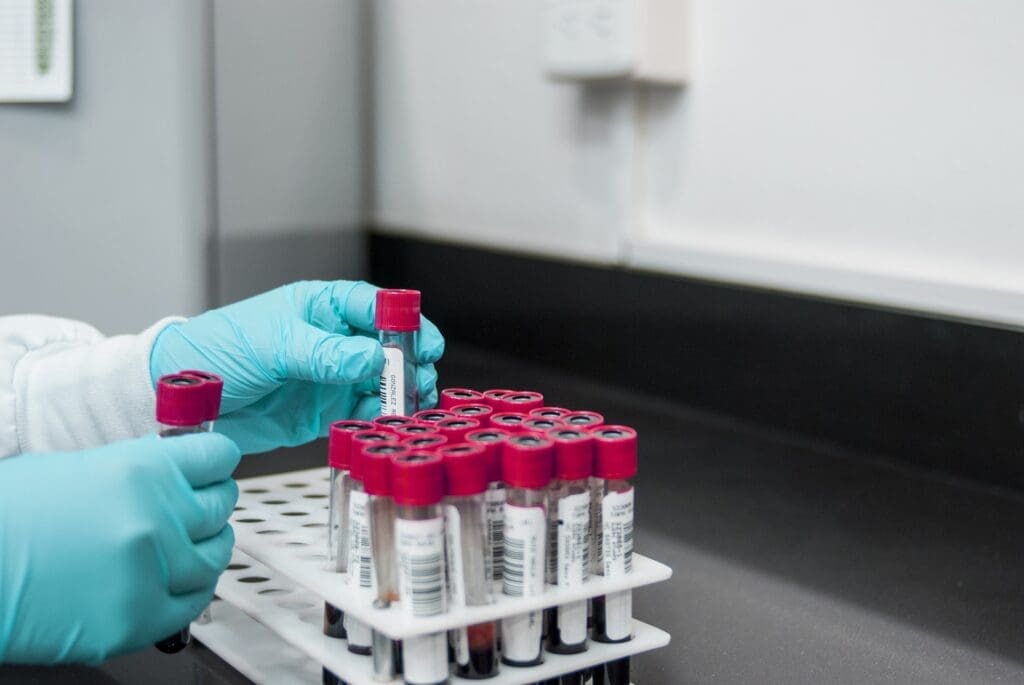Introducing: IFCC – Global Leader in Laboratory Medicine
The International Federation of Clinical Chemistry and Laboratory Medicine (IFCC) is a leading international organization dedicated to promoting excellence in laboratory medicine to improve global healthcare. With a broad network of national societies, associated organizations and corporate members, it drives scientific advances and sets standards for clinical chemistry and related disciplines. As a central platform for professionals worldwide, the IFCC organizes educational programs, congresses and research initiatives that increase the quality of patient diagnostics and promote international cooperation.
The roots of the IFCC date back to the mid-20th century, when experts in clinical chemistry joined forces to establish global standards. Founded in the 1950s, the organization has grown from a small initiative to a comprehensive association that now includes over 100 member societies. Its headquarters in Milan underlines its European roots, while it is active worldwide, integrating regional federations such as the European Federation of Clinical Chemistry and Laboratory Medicine (EFLM) or the Asia-Pacific Federation for Clinical Biochemistry and Laboratory Medicine (APFCB). This expansion reflects the growing need for standardized methods in modern medicine, especially against the backdrop of increasing globalization and technical innovations.

At its core, the IFCC pursues the goal of advancing laboratory medicine through education, research and standardization. It emphasizes the importance of accurate diagnostics for effective patient care and works to close knowledge gaps in developing countries. Through their activities, the quality of laboratory results is harmonized worldwide, leading to better treatment decisions. The organization is committed to inclusion and supports professionals at all career levels, from students to established scientists.
Organizationally, the IFCC is divided into an Executive Committee and a Council consisting of representatives of the member societies. This structure ensures democratic decision-making and the consideration of diverse perspectives. There are specialized divisions, including one for communication and publications, which is responsible for disseminating knowledge. Other committees deal with education, scientific standards and ethical issues. Membership includes national societies from over 100 countries, associated organizations and corporate partners, bringing a wide range of expertise.
Core activities include educational programs such as webinars and online courses in the eAcademy, which enable continuing education credits and cover current topics in laboratory medicine. The IFCC presents awards to recognize excellence and organizes initiatives such as Global Medical Laboratory Week, which raises awareness of the profession. In research, it promotes projects for the standardization of test methods and quality control, which increases the reliability of medical diagnoses.
International cooperation forms a cornerstone of the work. The IFCC works closely with partners such as the International Bureau of Weights and Measures (BIPM), the Joint Committee for Traceability in Laboratory Medicine (JCTLM) and the European Commission. These partnerships aim to harmonize global standards and support projects in areas such as metrology and quality assurance. In addition, the organization maintains relationships with regional associations to address local needs and facilitate knowledge transfer.
Publications play a central role in the dissemination of knowledge. The official journal eJIFCC is published open access and covers topics ranging from clinical chemistry to innovative technologies. It is supplemented by newsletters such as the IFCC eNews, which informs members about news. These media promote scientific discourse and make research results accessible.
IFCC congresses and events attract thousands of experts and serve as forums for exchange. Highlights include the WorldLab Congress, the EuroMedLab and regional events such as the Latin American Congress of Clinical Biochemistry. These meetings provide platforms for presentations, workshops and networks that accelerate innovation and disseminate best practices.
Financially, the IFCC relies on a diversified base, including membership fees, income from events and publications, and donations. The IFCC Foundation for Emerging Nations raises funds to support programs in emerging countries, promoting global equality in laboratory medicine.
Overall, the IFCC’s work has made a significant contribution to improving global health care. With a focus on innovation and inclusion, it remains an indispensable force in laboratory medicine and continuously adapts to new challenges to shape the future of diagnostics.
Editor: X-Press Journalistenb├╝ro GbR
Gender Notice. The personal designations used in this text always refer equally to female, male and diverse persons. Double/triple naming and gendered designations are used for better readability. ected.




